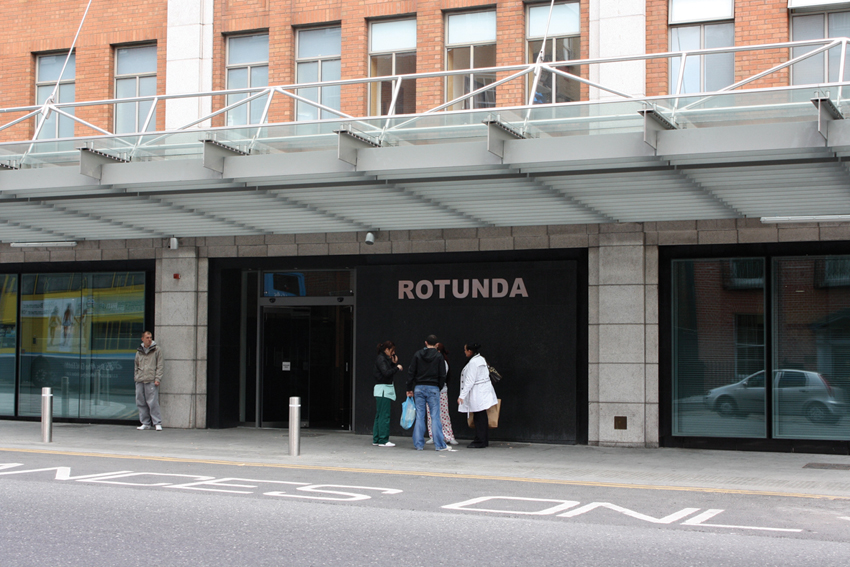Last week, Trinity’s Stand Up, Speak Out! Project launched its report capturing “racial justice priorities in healthcare education”.
The report “articulates the lived experiences of racism in minoritised ethnic healthcare students (MEHSs) and recommends strategies to embed racial justice in healthcare education at Trinity”. It also aims to “promote the inclusion of students’ voices in future racial justice strategies”.
MEHSs are healthcare students from ethnic minorities. Those who participated in the project were studying either Medicine, Dentistry or Nursing and Midwifery.
On the 19th of May 2022, eleven MEHSs gave their perspectives on and discussed racism within healthcare education in a “racial justice convening”. Members of Trinity’s Faculty of Health Sciences (FHS) Equality, Diversity and Inclusion Group and the Immigrant Council of Ireland analysed the MEHSs’ contributions and produced this report.
They found that MEHSs experience racism as a “complex, pervasive and harmful phenomenon”, highlighting three types of racism: institutional, interpersonal and internalised.
In terms of institutional racism, the report states that the support systems available are “perceived to be unclear, fragmented and bureaucratic” and some students “were actively dissuaded from using them”.
A lack of “clarity, transparency accountability” defines the current reporting process, with questions around whether supposed perpetrators of racism will face “real consequences”.
The healthcare curricula is summarised as being largely “white- and Euro-centric”, containing “no, inadequate or uncritical attention to race and ethnicity”.
Concerning interpersonal racism, clinical sites were deemed to be “more hostile” where there were racist patients. Some MEHSs reported discrimination and bullying “perpetuated” by academic and clincal staff, and racist comments made by fellow healthcare students towards minoritised ethnic groups.
All these racist incidents contributed to MEHSs suffering from internalised racism, which can mean accepting a racial hierarchy, as well belief in racial stereotypes perpetuated by the institutional and interpersonal racism mentioned above. This led to the MEHSs “minimising their self-worth” and not achieving their full potential, often feeling helpless.
It was also noted in the report that there were concerns over dealing with racism. It stated that the “emotional labour” and “trauma” of reporting and “fear of retaliation”, as well as “distrust of institutions”, led to students not reporting racist incidents.
The report did say that acknowledgement, emotional support and psychological interventions were “helpful” to MEHSs.
As stated in the report, Trinity has legal obligations and policy commitments “to ensure students do not experience racial discrimantion or harassment in higher education”, with the Health Service Executive (HSE) and various healthcare regulatory bodies bearing “similar obligations”.
The report suggests various strategies to embed racial justice in healthcare education, including but not limited to: enhancing supports for the victimised, establishing comprehensive guidelines for reporting, diversifying the FHS and “Racial Justice Training”.
The project was funded by the Trinity Equality Fund 2022, which aims to “facilitate innovative and creative equality projects by staff and students across the university”.







